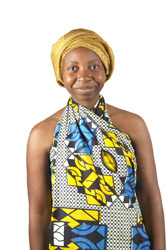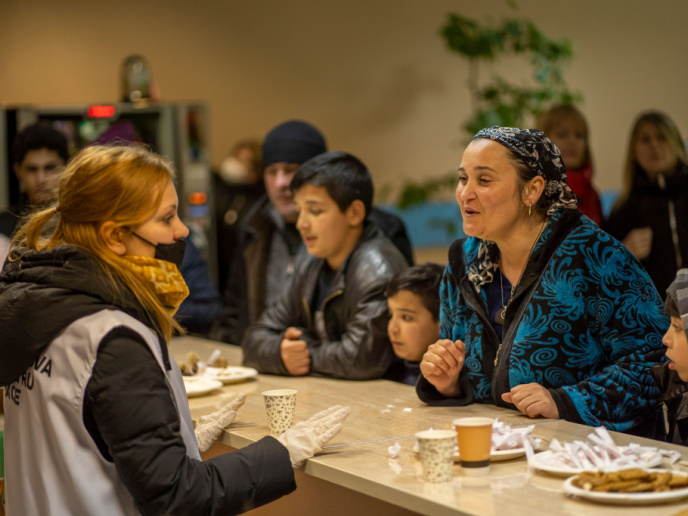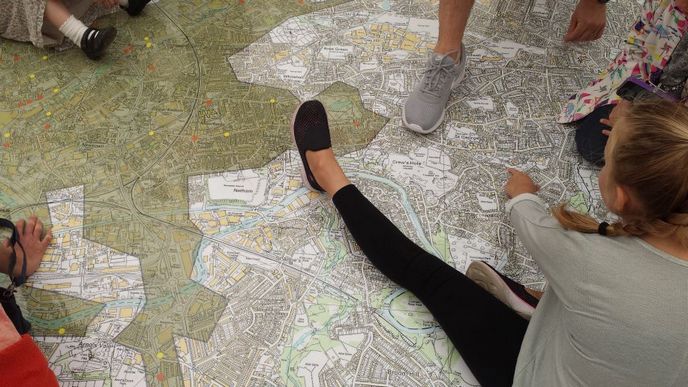Ageing theory, polygamy and African migrant women
African women migrants often have a heavy load to bear, and even more so as they age and personal factors of discrimination enter their daily lives. A significant number of African women that have settled in Europe are living in a polygamous situation with their husbands bringing in co-spouses to the home environment. This places them in a vulnerable situation and creates tensions. The ‘African migrant women’ (Africanmigrantwomen) project examined meaningful notions of gender, ethnicity, transnationalisation and changing contexts as relate to concepts of aesthetics and body. The focus of the EU-funded research was on practices of polygamy among Gambian and Senegalese migrant women in Spain and France in particular. Aiming to generate knowledge and understanding of changes in the African family in Europe as well as Africa, the main conceptual contribution was an exploration of the experiences of these migrants. This was done by connecting them to debates on the links between gender and migration, the Ageing theory, and the nature of the substitution by and resistance to co-spouses. Researchers worked to present an empirical analysis supported by evidence gathered from locality-samples in the four societies and analyse new behaviours taking a sociological and psychosocial approach. In addition, activities delved into the masculinity of the husbands and sought to arrive at an in-depth analysis of certain pathologies such as impotence. Project results can be expanded on or replicated for African migrant women networks, social workers, migrant organisations and policy makers and set the foundation for further study in under-researched areas of enquiry. Advancing a better understanding of polygamy practices in Europe, the initiative’s efforts also have the potential to help professionals such as social workers extend their involvement in migrant communities and participation in social networking. The outcomes of the Africanmigrantwomen project are also important for gender strategy planning in various activities in Africa, Spain and the United Kingdom.







